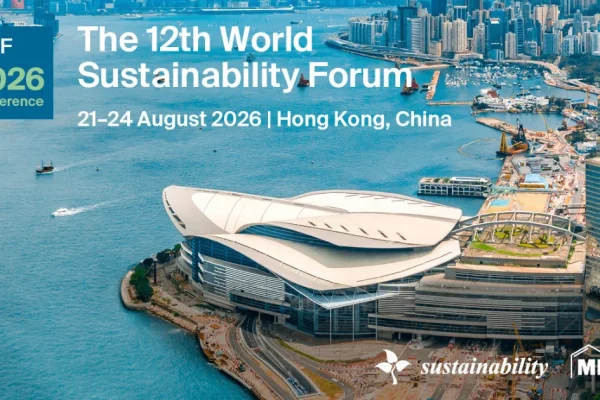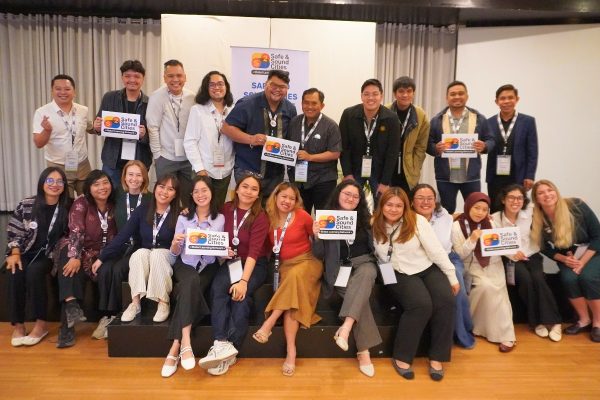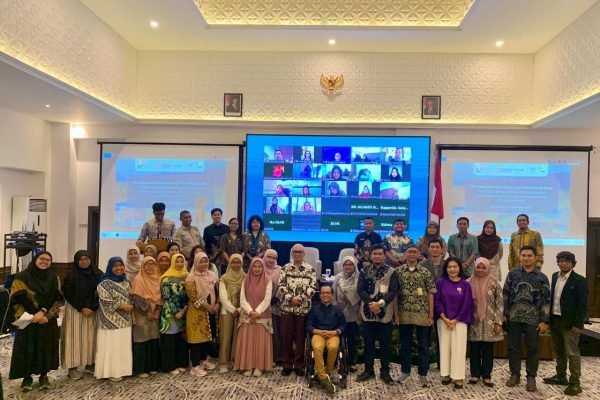Jakarta is committed to reducing GHG emission through the formulation of Ikhtiar Jakarta.
Jakarta, Indonesia–International experts from Seoul Metropolitan Government and Ambitious City Promises Global Advisory Group Member Jessie L. Todoc met with city officials of Jakarta, Tangerang, and Bekasi in 15-16 August 2019 to discuss and exchange knowledge on the process and development of the cities’ integrated climate action plan known as the City Promise.
Engaging citizens to reduce greenhouse gas emissions through Ikhtiar Jakarta
On 15 August, the international experts met with DKI Jakarta’s officials to examine the current progress of the development of Promise of Jakarta and discuss how the integrated climate action plan will be implemented within the city’s organizational structure. The meeting was opened by Mr. Yuli Hartono, Assistant Deputy Governor for the Environment, represent Deputy Governor of Environment and Spatial Planning of DKI Jakarta Government.
“The Government of Jakarta would like to know how Seoul successfully implemented its promises with strong support from the citizen. We hope this meeting can enhance our knowledge from Seoul’s experience and finally we can implement concrete action to reduce GHG emission”, said Mr. Yuli Hartono.
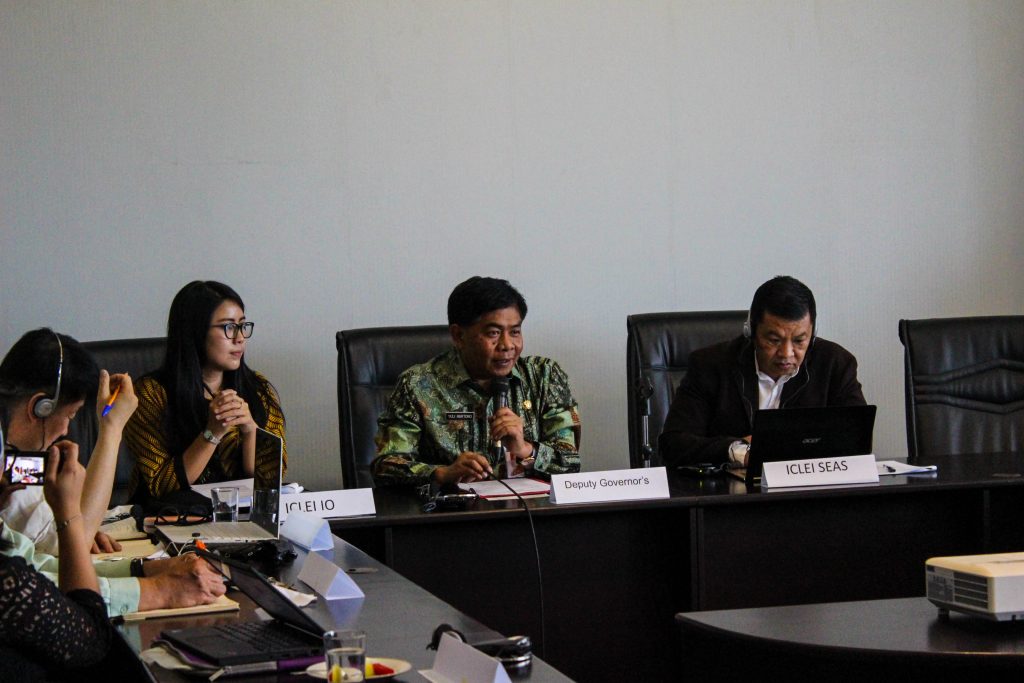
Yuli Hartono Assistant Deputy Governor for the Environment stated that the DKI Jakarta Government would like to learn how Seoul Metropolitan Government successfully climate action plan.
Ms. Susi Andriani from Environment Agency of Jakarta presented the draft of Ikhtiar Jakarta which explained potential climate action from different sectors such as the local government, private sector, and individual. The plan also touches on the following sectors: energy, transport and air quality, waste, clean water, green area, and urban farming, health, and disaster risk reduction and management. She also shared the progress regarding the pledge collection platform thatis being developed for the city in both offline and online media. The collection platform will allow the stakeholders of Jakarta to register their commitments as they transition to a more sustainable and eco-friendly lifestyle.
Youngsoo Choi, professor of Convergence of Climate and Environmental Studies, Sookmyung Women University and former Director of Climate and Air Quality of Seoul Metropolitan Government gave a presentation about Promise of Seoul. He highlighted that citizen engagement was a key ingredient and is highly important in the success of both the development and implementation of the Promise of Seoul.
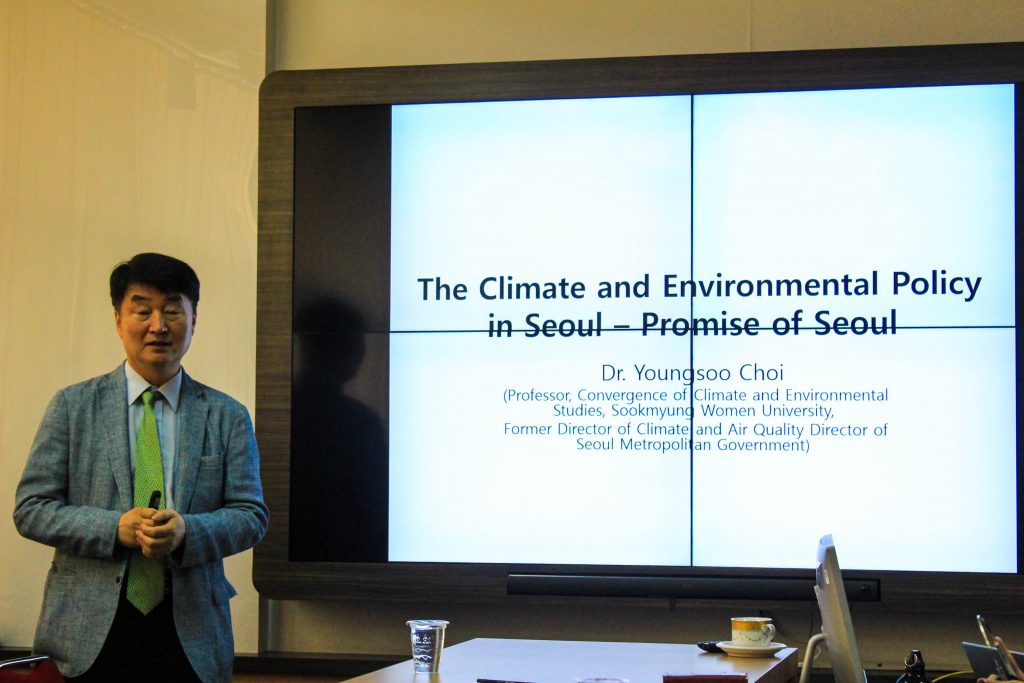
Prof. Youngsoo Choi explained Seoul’s experience in solid waste management.
Meanwhile, Mr. Jessie L. Todoc, an international expert on energy, shared the importance of energy efficiency in reducing GHG emission on energy sector. He explained that the Association of Southeast Asian Nations (ASEAN) targets to reduce 20% of energy consumption by 2020. To achieve this target, there are the network published energy-related standards one of which is the Minimum Energy Performance Standards (MEPS).On the other hand, Anna Amalia from Directorate of Environment of National Development and Planning Ministry (BAPPENAS) explained that the national government has a new policy framework to achieve Nationally Determined Contributions (NDC) target in 2020 by using the low carbon development approach. Mr. Agus Gunawan from Ministry of Environment and Forestry added that the three main sectors of Ikhtiar Jakarta align with national target, particularly in energy sector.
Sunandan Tiwari, Director of Global Implementation, ICLEI World Secretariat, explained the importance of Key Performance Index in the formulating the Promise of Jakarta to enhance the reduction target and making it more ambitious
Uncovering solutions for waste management in Bekasi
On 16 August, the international experts visted Bekasi to meet the city’s officials to discuss about their efforts towards low emission developmet. In the discussions, it was found out that solid waste management is one of the priorities of urban sectors in Bekasi.
“Waste management is one of our priority because the disposal site which also receives waste from Jakarta will reach maximum capacity in the next three years. Hopefully, we can learn from Seoul’s experience in waste management. We also want to learn how to increase the awareness of citizen and engage them to actively involved in climate action” said Mr. Bilang from Regional Development and Planning Agency of Bekasi City.
In response to the problem, Prof. Choi explained that SMG conducted awareness raising to assist its citizens in segregating waste. The city also made an active effort to convert their landfills into parks.
Sharing the road: The case of shared mobility in Tangerang
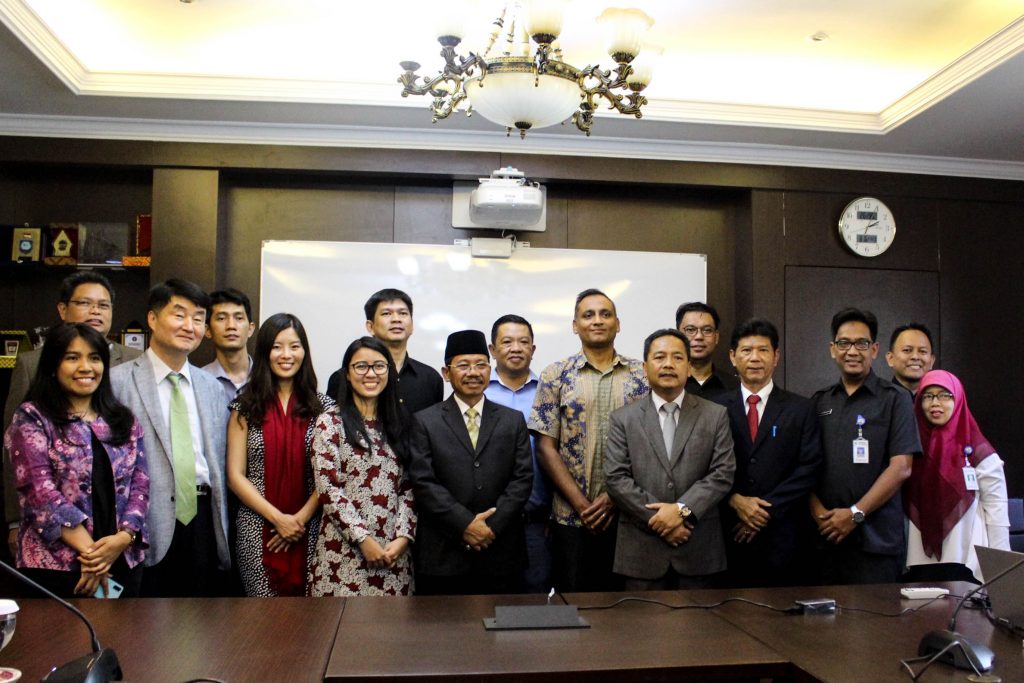
Tangerang strives to promote sustainable development by providing sustainable and convenient public transportation.
In the same day, Tangerang welcomed the international experts. Same themes were discussed with a focus on Tangerang’s effort to promote sustainable transport. Mr. Sachrudin, Vice Mayor of Tangerang,was present at the meeting.
Agus Wibowo, a representative from Transportation Agency of Tangerang City highlighted that transportation is a challenge in the city. The government has prepared a new policy on public transportation but they are unsure if the public will support it. Prof. Choi explained that in Seoul, it also took time before the citizens were convinced to use public transport. To facilitate this process, Seoul made it sure that the facilities are ready and that the citizens can see and feel the convenience and security of public transport options.
The Experts and National Meeting in these Indonesian cities were instrumental in facilitating knowledge exchange between city officials and international experts. These discussions, as stated above, as also significant in guiding the cities as they formulate their integrated climate action plan.


